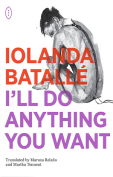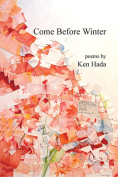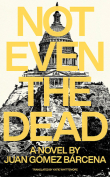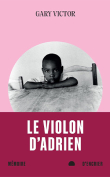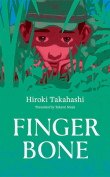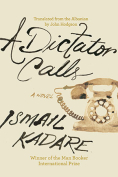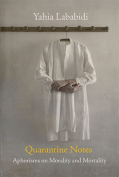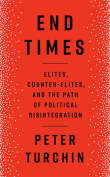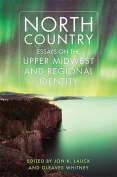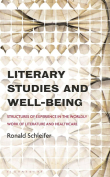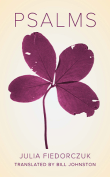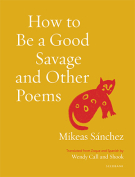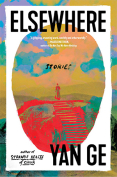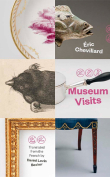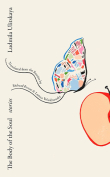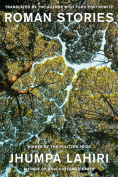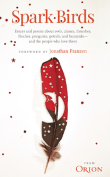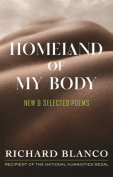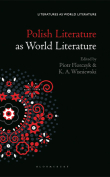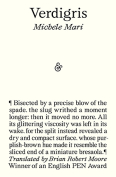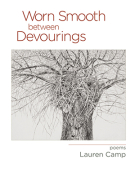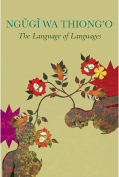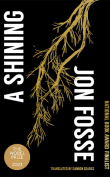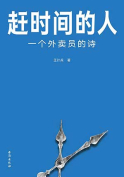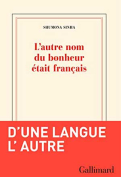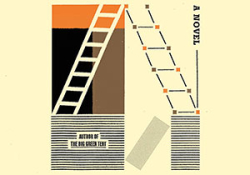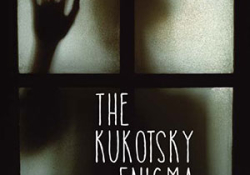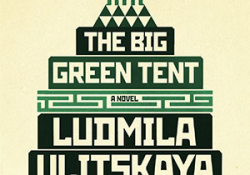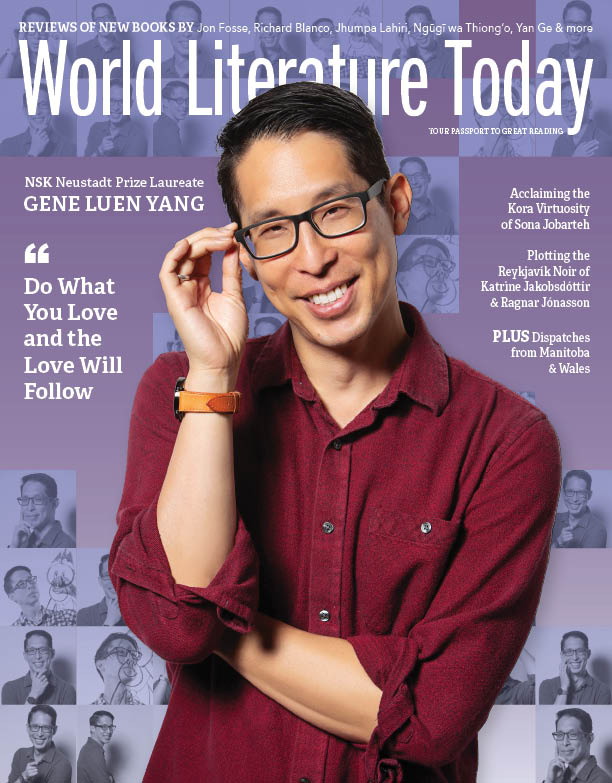The Body of the Soul: Stories by Ludmila Ulitskaya
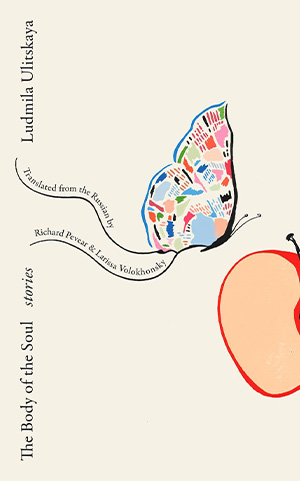 New Haven. Yale University Press. 2023. 168 pages.
New Haven. Yale University Press. 2023. 168 pages.
Ludmila Ulitskaya’s magnificent new collection, The Body of the Soul, enhances her reputation as one of the most important Russian writers of her generation. She is the recipient of the Prix Formentor (2022) among other awards. Each story provokes questions about the human condition that take readers far beyond the subject matter into speculations about the nature of existence itself.
Many begin with a conflict that connects personal to national identity, layering issues of prejudice with family history. When a lesbian couple decides to wed in the opening story, “The Dragon and the Phoenix,” their multicultural union of Armenian and Azerbaijani is almost as fraught as the joining of two women: “mixed marriages were rare . . . an event that caused a big stir among relatives and neighbors.” As in many of the stories, Ulitskaya contrasts intellect with emotion when the wife, Musya, contacts a sorceress to cure her dying spouse.
The coming of death provides the opportunity for people not only to imagine what lies ahead but to actively prepare for it and guard against the unexpected. “Alisa Buys Death” shows someone whose careful preparation for her own death allows her to choose new life, a baby she suddenly needs to mother. A prayer in translation, “Blessed Are Those Who,” discovered only after their mother’s death, enables daughters to feel empathy for someone they have misunderstood.
Several stories show transcendence beyond death, when barriers fall away to reveal what could never have been explained to the living. A man who loves nature and has re-created it with photography merges completely with it in “Man in a Mountainous Landscape.” Two disappearances, one in “Aqua Allegoria” and the other in “Two Together,” have protagonists who understand that life doesn’t end with the material world. Even science cannot provide the answers to the meaning of life, in “Slaughtered Souls,” for a biologist who turns away from dissection to embrace the whole being of the pigs she studies. A forensic pathologist finds mysteries in a body he can never explain in “The Autopsy.” And in the eloquent final story, “The Serpentine Road,” forgetting language shows a librarian “the great beauty she never hoped she would see in this place.”
In this brilliant collection, Ulitskaya manages to convey the inexpressible, dazzling readers with her insight.
Elizabeth Fifer
Center Valley, Pennsylvania
